25
Jun
When Should You See a Neurosurgeon for Back Pain?
Back pain can disrupt your life, especially when medications and physical therapy provide little relief. A neurosurgeon can alleviate back pain using noninvasive and surgical means alike. Neurosurgeons Work on More Than the Brain While brain surgery is a part of what a neuros...
View MoreCategory: News
25
Jun
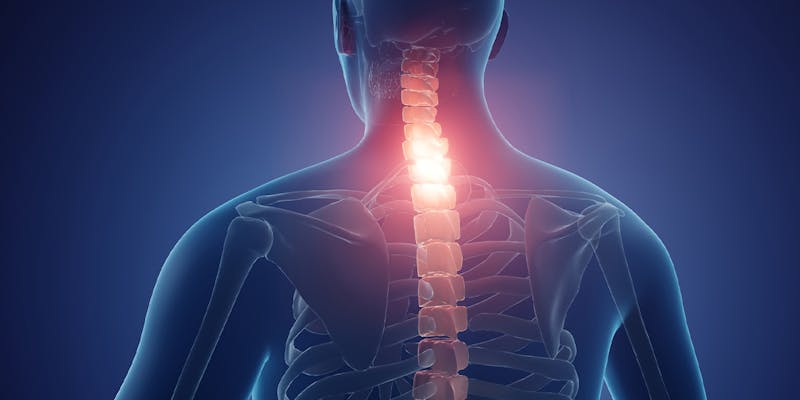
Types of Neurosurgery Procedures for Chronic Back and Neck Pain
Back and neck pain can severely limit your range of motion, making daily activities like work and exercise far more taxing than they should be. If you’re dealing with ongoing back or neck pain that won’t subside with home remedies and natural treatments, surgery may be a prac...
View MoreCategory: Neurosurgery
25
Jun
Understanding Post-Op Depression
Recovering from surgery is a physical and emotional process. Operations are often invasive, so feeling very emotional after surgery is expected. Learn more about what post-op depression is and how you can prevent or treat it. What Is Post-Op Depression? The post-surgery blu...
View MoreCategory: News
25
Jun
Signs and Symptoms of Degenerative Disc Disease
Degenerative disc disease (DDD) is a common spinal condition affecting many adults. A recent study shows that one-third of individuals between 40-59 years old experience DDD. With that prevalence, it’s crucial to consider the signs and symptoms of DDD so you can seek early tr...
View MoreCategory: Uncategorized
25
Jun
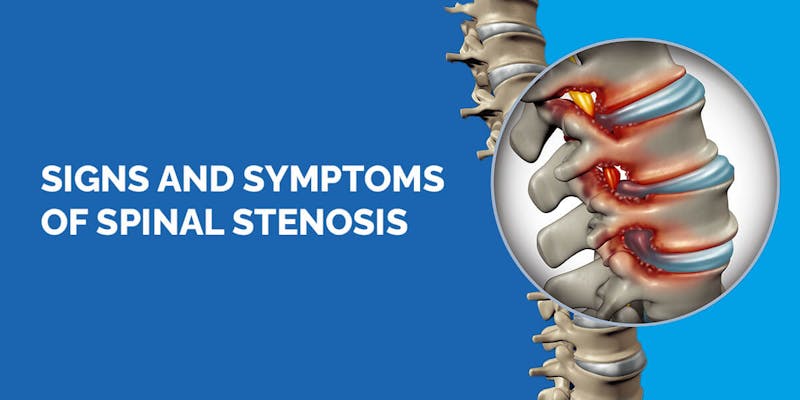
Signs and Symptoms of Spinal Stenosis
Spine problems affect you more than you might expect. Simple things like standing to cook dinner or going downstairs require considerable effort to perform. While many spinal conditions cause such problems, you could be dealing with spinal stenosis. Learn the signs and sympto...
View MoreCategory: Uncategorized
25
Jun
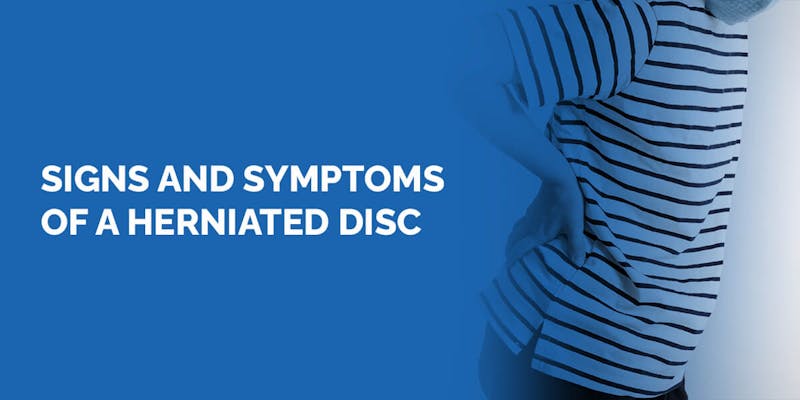
Signs and Symptoms of a Herniated Disc
While the spine is a resilient part of the body, it experiences wear and tear throughout a person’s life. Unfortunately, this strain and pressure may lead to various spinal conditions, including a herniated disc. The spine is a complex collection of bones, cartilage and nerve...
View MoreCategory: Uncategorized
25
Jun
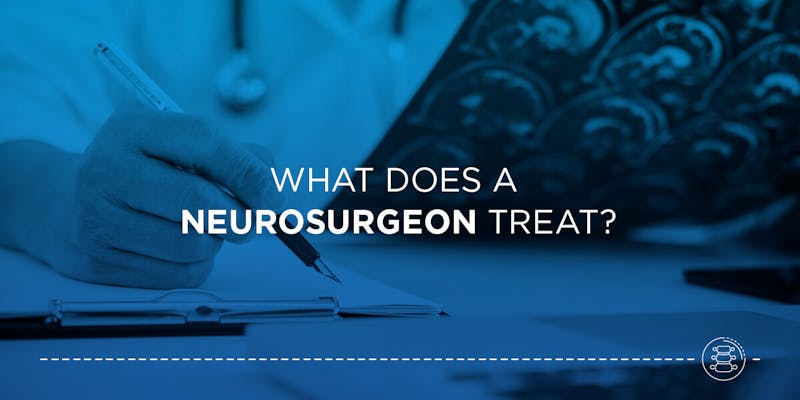
What Does a Neurosurgeon Treat?
While many people assume a neurosurgeon is synonymous with a brain surgeon, neurosurgeons actually provide care for the entire body. As such, many individuals are surprised to learn what a neurosurgeon can do for them. To find out what a neurosurgeon can do for you, keep read...
View MoreCategory: Uncategorized
25
Jun
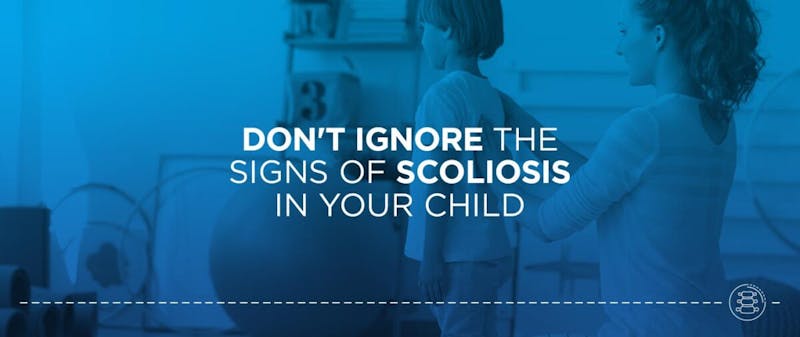
Don’t Ignore the Signs of Scoliosis in Your Child
Scoliosis is a common back condition found in children, teenagers, adults and older adults alike. Although most people have a pretty good understanding of this condition, do you think you could recognize the signs of scoliosis in your child? Children are at a crucial developm...
View MoreCategory: Uncategorized
25
Jun
What Is a Cavernoma?
A cavernoma is a small cluster of thin and thick walled venous channels without any intervening neural tissue. A cavernoma may be found near a large vein that drains a large region of brain called a developmental venous anomaly (DVA). A cavernomas, however, lacks and direct c...
View MoreCategory: Uncategorized
25
Jun

What is reverse shoulder replacement
A patient may have shoulder damage if they have arthritis, an injured rotator cuff or damaged muscles and tendons. If the tendons are damaged beyond repair or the shoulder joint cannot function due to damage, patients have two options — shoulder replacement or reverse shoulde...
View MoreCategory: FAQs
